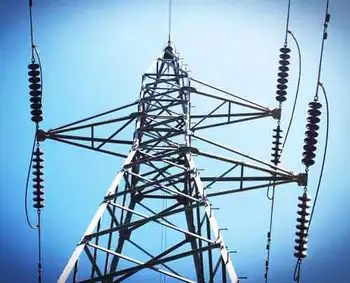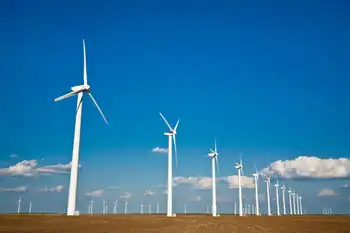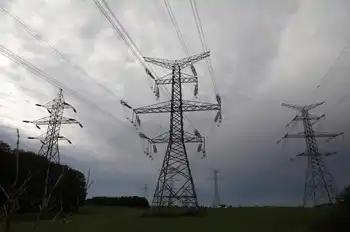Scientists say carbon dioxide emissions up 3%
By Globe and Mail
Electrical Testing & Commissioning of Power Systems
Our customized live online or in‑person group training can be delivered to your staff at your location.

- Live Online
- 12 hours Instructor-led
- Group Training Available
That means the world is spewing more carbon dioxide than the worst-case scenario forecast by a Nobel Prize-winning group of international scientists in 2007. Scientists said if the trend does not stop, it puts the world potentially on track for the highest predicted rises in temperature and sea level.
The pollution leader was China, followed by the United States, which past data show is the leader in emissions per-capita in carbon dioxide output. And while several developed countries slightly cut their CO2 output in 2007, the United States churned out more.
Still, it was large increases in China, India and other developing countries that spurred the growth of carbon dioxide pollution to a record high of 9.34 billion tons of carbon (8.47 billion metric tons). Figures released by science agencies in the United States, Great Britain and Australia show that China's added emissions accounted for more than half of the worldwide increase. China passed the United States as the No. 1 carbon dioxide polluter in 2006.
Emissions in the United States rose nearly 2 per cent in 2007, after declining the previous year. The U.S. produced 1.75 billion tons of carbon (1.58 billion metric tons).
Gregg Marland, a senior staff scientist at the U.S. Department of Energy's Oak Ridge National Laboratory, said he was surprised at the results because he thought world emissions would drop because of the economic downturn. That didn't happen.
“If we're going to do something (about reducing emissions), it's got to be different than what we're doing,” he said.
The emissions, which are based on data from oil giant BP PLC and look at the burning of fossil fuel and production of cement, show that China has become the major driver of world trends. China emitted 2 billion tons of carbon (1.8 billion metric tons) last year, up 7.5 percent from the previous year.
“We're shipping jobs ashore from the U.S., but we're also shipping carbon dioxide emissions with them,” Marland said. “China is making fertilizer and cement and steel and all of those are heavy energy-intensive industries.”
Developing countries not asked to reduce greenhouse gases by the 1997 Kyoto treaty — and China and India are among them — now account for 53 per cent of carbon dioxide pollution. Developing countries surpassed industrialized ones in carbon dioxide emissions in 2005, a new analysis of older figures shows.
India is in position to beat Russia for the No. 3 carbon dioxide polluter behind the United States, Marland said. Indonesia levels are increasing rapidly.
Denmark's emissions dropped 8 per cent. The United Kingdom and Germany reduced carbon dioxide pollution by 3 per cent, while France and Australia cut it by 2 per cent.
What is “kind of scary” is that the worldwide emissions growth is beyond the highest growth in fossil fuel predicted just two years ago by the Intergovernmental Panel on Climate Change, said Ben Santer, an atmospheric scientist at the Lawrence Livermore National Lab.
Under the panel's scenario then, temperatures would increase by somewhere between 4 and 11 degrees Fahrenheit (2.4 to 6.3 degrees Celsius) by the year 2100.
“We do have control over what happens over the next several decades,” Santer said. “This illustrates the importance of exercising that control.”











